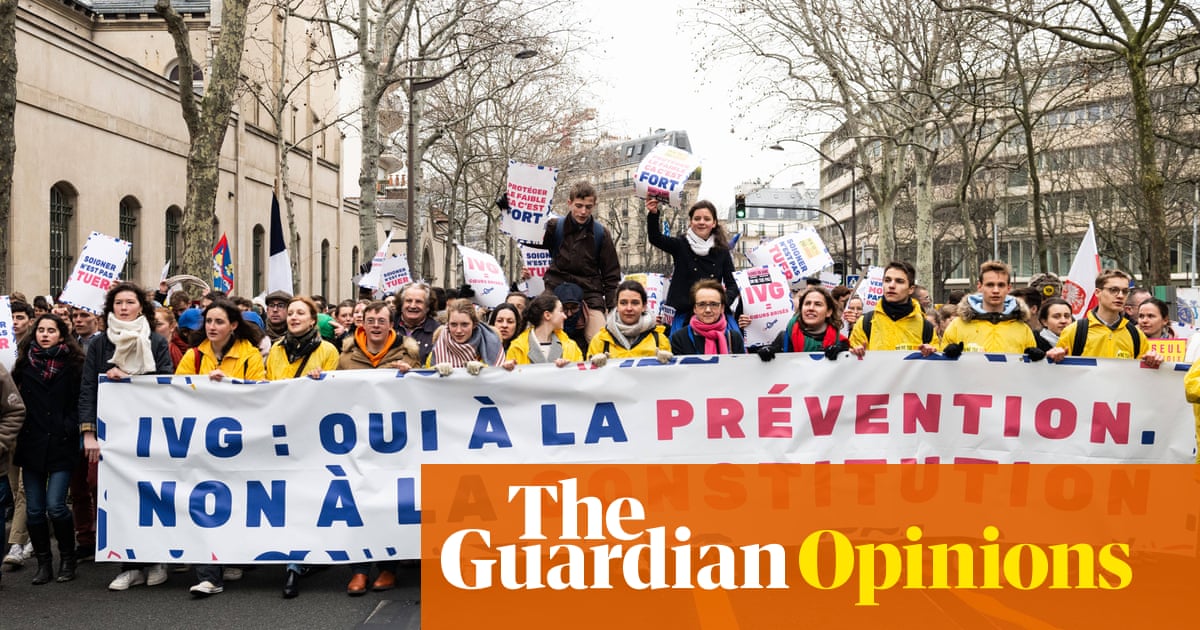
From both political and economic perspectives, the Islamic Republic is facing difficult and challenging times. This is thanks to the Iranian regime’s economic mismanagement, the hemorrhaging of billions of dollars on its proxies, militias and terror groups, its misuse of the nation’s wealth, and the widespread financial and political corruption within the theocratic system.
In addition, the country has been plagued by ongoing protests, as many people cannot make ends meet and their frustration with the regime has increased. Iran’s currency, the rial, has continuously dropped to historic lows and the resulting devaluation makes the price of basic commodities more expensive and puts further pressure on the ordinary people.
The political and economic crises are not going to ease for the Iranian leaders due to the fact the regime has shown no sign or intention of taking action to address the people’s grievances, such as fighting financial corruption in the upper echelons, halting financial support for proxies, creating jobs, or redistributing the nation’s wealth.
Furthermore, the US Treasury Department will begin reimposing primary sanctions on Iran’s theocratic establishment this week.
The Iranian leaders have a chance to address the crisis through international diplomacy. One major opportunity presented itself when US President Donald Trump offered to negotiate with the Islamic Republic without any conditions. When discussing Iran, Trump said during a joint news conference at the White House with the Italian Prime Minister Giuseppe Conte: “I would certainly meet with Iran if they wanted to meet… I do believe that they will probably end up wanting to meet. I’m ready to meet whenever they want to.” He added:
“No preconditions.”
Iran’s currency immediately made a recovery, gaining nearly 10 percent due to the hope that Tehran may take up the US administration’s offer, employ diplomacy, and subsequently defuse tensions. Many Iranian people were hoping that Washington and Tehran would negotiate with each other and improve their relationship.
Shahla, a mother of two and a part-time financial analyst in Isfahan, said: “The economic situation is unbearable for millions of people in Iran. Many of the current financial problems that we are encountering are because of the Islamic Republic’s heated and war-like rhetoric toward other countries. Our market thinks that we are on the verge of war in any moment. I wish they (Iran’s leadership) would agree to speak with the US in a civilized manner. This will give some relief to the market and the Iranian people.”
Unfortunately, since diplomacy is the last resort for the Iranian regime, its leaders rejected the US offer on the spot. The rejection came from both hard-liners and moderates, who are considered to be “diplomatic.” Senior Iranian officials and military commanders of the Islamic Revolutionary Guard Corps and the Quds Force labeled accepting the US offer for talks as a “dream” for the “Great Satan.”
Although many Iranians would like to see an end to the tensions between Washington and Tehran, Gen. Mohammed Ali Jafari, commander of the IRGC, stated: “The Iranian people do not authorize officials to meet the Great Satan... Mr. Trump, Iran is not North Korea.” Not only did the Iranian leaders decline Trump’s offer, but they also ratcheted up their incendiary rhetoric without contemplating the repercussions of such heightened tensions. Jafari described Trump as the “amateurish president” of the “Great Satan,” who is going to take his dream to meet with Iranian leaders “to the grave.”
The Iranian regime is on its last legs. Its economy is in a shambles and the people’s frustrations have reached perilous heights.
Dr. Majid Rafizadeh
But, more importantly, why did the Iranian leaders decline the US offer? There are two major factors at play. First of all, Tehran will only negotiate with the US if it is fully confident beforehand that Washington would be willing to submit to its demands and make substantial economic and political concessions. This is one of the reasons that the Iranian leaders agreed to sit at the same table as the Obama administration. The Obama White House had long demonstrated and sent several crucial signals to the Iranian regime that it was prepared to satisfy their demands.
Secondly, by immediately and publicly rejecting the US offer, as well as by trying to humiliate Washington with aggressive and incendiary rhetoric, the Iranian leaders are attempting to satisfy their hardline and extremist social base in the country — such as the militia group Basij — and in the region, which primarily includes militias and terror groups, as well as Syrian President Bashar Assad’s regime.
Finally, the Iranian regime is on its last legs. Its economy is in a shambles and the people’s frustrations have reached perilous heights.
Talks with a top state sponsor of terrorism should be avoided as it only empowers the regime and grants it more legitimacy. Nevertheless, if any state decides to talk with Tehran, it should be conditioned on fundamentally altering the regime’s behavior toward its people, as well as toward other countries in the region and globally.
• Dr. Majid Rafizadeh is a Harvard-educated Iranian-American political scientist. He is a leading expert on Iran and US foreign policy, a businessman and president of the International American Council.
Twitter: @Dr_Rafizadeh
Disclaimer: Views expressed by writers in this section are their own and do not necessarily reflect Arab News" point-of-view












